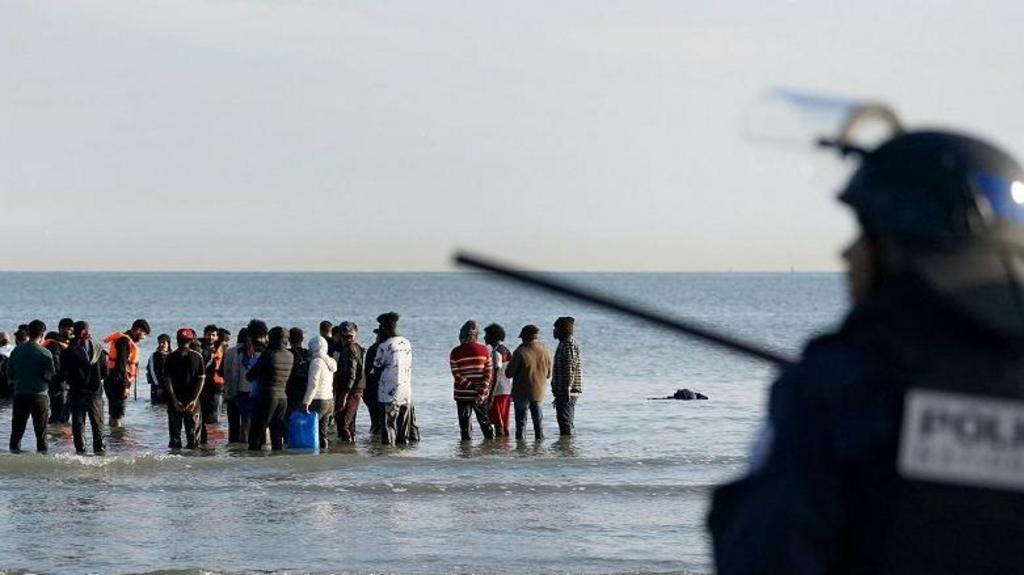Senior government officials suggest a significant breakthrough with Emmanuel Macron is imminent, potentially leading to an agreement where France would accept the return of a proportion of individuals who have crossed the English Channel via small boats.
Concurrently, the UK would commit to accepting asylum seekers from France who express a desire to relocate to the UK and are believed to have legitimate claims.
This arrangement is being termed a “one-in-one-out” deal, although the actual numbers involved are expected to be higher.
Crucially, the effectiveness of the deal will hinge on its ability to act as a “deterrent,” a key aspect to monitor upon its official announcement.
Sir Keir Starmer has stated that he and the French President are aligned on the need for “a new deterrent to break the business model of the gangs” facilitating these crossings.
The critical question remains: to what extent will the agreed-upon measures serve as an effective deterrent, particularly in the immediate future?
Will it dissuade individuals from attempting the perilous journey by small boat?
The pilot scheme is anticipated to involve the return of approximately 50 migrants to France weekly, with the UK correspondingly accepting a similar number of asylum seekers from France who are deemed to have valid cases for relocation to the UK.
Critics, including figures within the Conservative party, argue that this would only address around 5% of current crossing attempts and thus constitute an insufficient deterrent.
The Conservatives highlight their previously proposed, but unimplemented, plan to send migrants to Rwanda as a potentially stronger deterrent. This scheme was abandoned following Labour’s election victory.
However, this agreement, despite its initial limited scope, signifies a potential turning point in Franco-British relations on this issue, demonstrating France’s willingness to repatriate some individuals undertaking cross-Channel journeys.
The challenge in the coming months and years lies in scaling up the agreement sufficiently to exert a noticeable impact on the overall numbers.
In simpler terms: will the number of attempted crossings decrease, or will they remain consistent?
Ultimately, the scheme’s success, at least from the UK’s perspective, will be judged on whether it demonstrably reduces the number of crossings.
Sign up for our Politics Essential newsletter to keep up with the inner workings of Westminster and beyond.
The Manx government is responding partly due to vacancy numbers exceeding the number of jobseekers.
A former Dover coastguard, an ex-border security chief and a customs boss recall the first landings.
Sir Keir Starmer has promised to “smash the gangs” which smuggle people across the English Channel.
Details aside, the agreement is likely to encounter legal, political and practical obstacles.
“We’re going to try again and again to cross to the UK,” one migrant told the BBC

